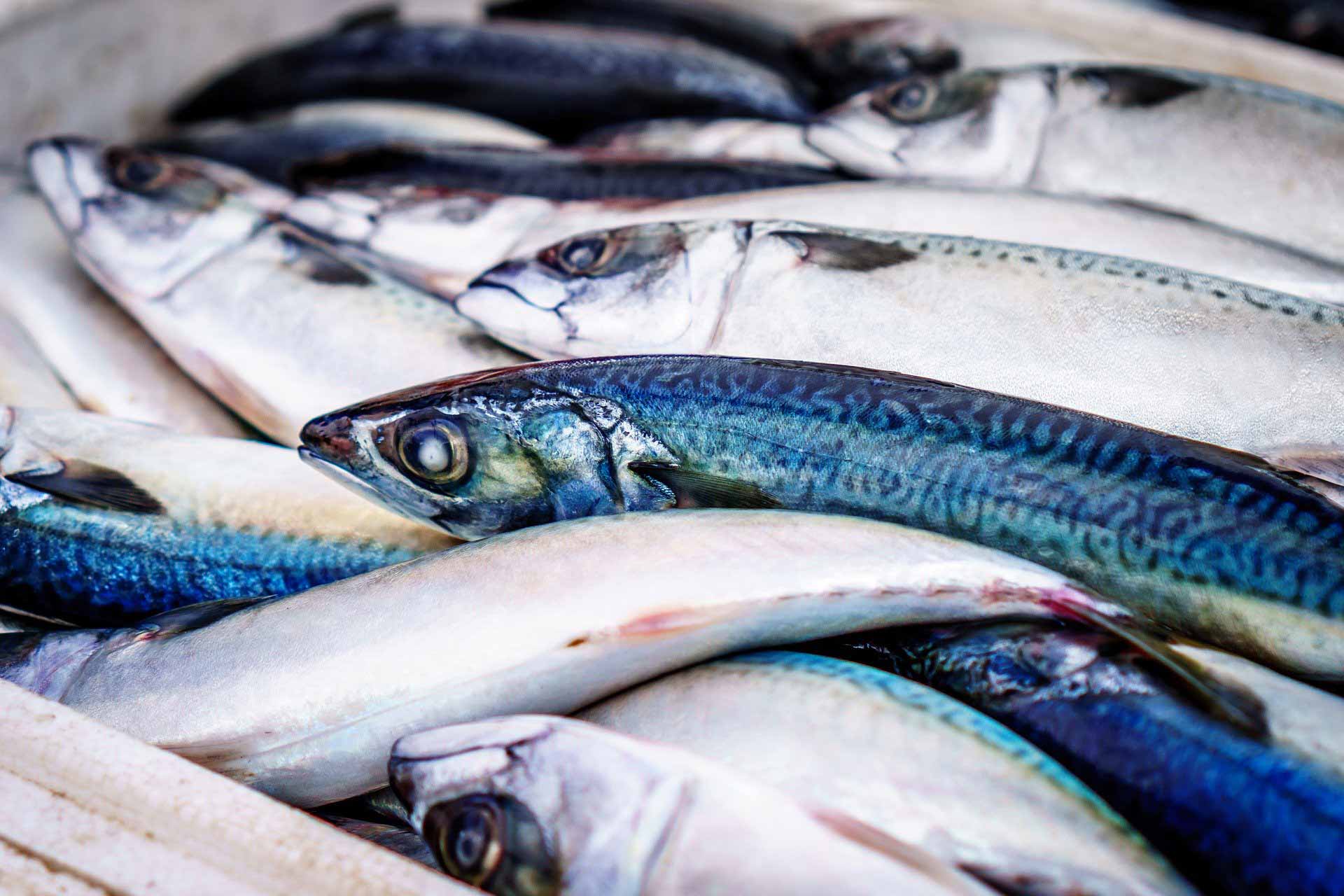European Commission registered Halloumi cheese, the most prominent animal product of Cyprus, as a European PDO – Protected designation of origin. Commission adopted a package of two measures regarding an important Cypriot heritage: Χαλλούμι – Halloumi – Hellim. First, the Commission registered Χαλλούμι – Halloumi cheese -Hellim as a protected designation of origin (PDO), protecting the valuable name against imitation and misuse across the EU. Only Χαλλούμι – Halloumi cheese -Hellim produced in Cyprus according to the product specification is now allowed to use the registered name, bringing clear economic benefits to the island.
Halloumi cheese joins the EU PDO family
The registration allows producers of this iconic Cypriot cheese, famous around the world for its characteristic texture, folded appearance, and suitability for serving grilled or pan-fried, based anywhere on the island of Cyprus to benefit from the PDO status.
Secondly, to facilitate that producers in the Turkish Cypriot community draw full benefits from the protection, the Commission has adopted a measure allowing the PDO product to cross the Green Line, provided that the cheese and milk from which it was made has met all EU animal and public health standards.
Halloumi waits for the reunification of Cyprus
This historic package that gives effect to the Common Understanding for Χαλλούμι – Halloumi cheese -Hellim reached in 2015, to be implemented pending the reunification of Cyprus. The measure accompanying the registration of Χαλλούμι – Halloumi cheese -Hellim as a PDO aims at ensuring that the animal and public health situation in the EU as well as food safety are not compromised. It also establishes the conditions for trade to take place including provisions on controls. In addition, the milk processing establishments will have to be in compliance with the relevant public health rules.
The main features of the package are:
- The name “Χαλλούμι (Halloumi)/Hellim” is now in the register of protected designations of origin and protected geographical indications. Only Χαλλούμι/Halloumi/Hellim produced on the island of Cyprus and according to the traditional recipe can now be marketed in the European Union under that name.
- An internationally accredited inspection body will be appointed to conduct PDO inspections throughout Cyprus. The inspection body will be responsible for ensuring that producers respect the traditional recipe.
- A workable arrangement will be set up to ensure efficient PDO controls throughout Cyprus, which will be closely monitored by the Commission.
- A measure lifting the prohibitions of movements of certain animal products on the island of Cyprus, pending its reunification, and laying down certain conditions for the movement of those products to allow the production of ‘Χαλλούμι’ (Halloumi)/‘Hellim’ (PDO) across all Cyprus.
- A private inspection body will be appointed to conduct inspections of farms and dairies in the Turkish Cypriot community to ensure that they comply with all EU health and hygiene rules. Only Χαλλούμι/Halloumi/Hellim that meets all EU health standards can be traded across the Green Line.
Remarks by Members of the College
Commissioner for Cohesion and Reforms, Elisa Ferreira, who is also responsible for the Cyprus Settlement Support, said: “This is a major achievement with political and economic significance for the entire island of Cyprus. It shows that mutually beneficial solutions are possible, as well as the important role of the Commission in bringing them about. The implementation of these arrangements, in a spirit of cooperation, should contribute to bolster trust and confidence between the two Cypriot communities. The Commission will continue to play an active role with a view to achieve a comprehensive and lasting solution to the Cyprus problem”.
Commissioner for Agriculture, Janusz Wojciechowski, said: “I am delighted that Χαλλούμι/Halloumi/Hellim has entered the register of PDOs and PGIs, joining the finest products of Europe’s high quality agriculture and food. The application to all producers on Cyprus willing to adhere to the scheme is the fruit of many years of patient and careful work on all sides. This PDO registration arrangement ensures equal and fair treatment for all producers on each side of the Green Line, and will finally guarantee that consumers throughout the European Union can identify this authentic Cypriot product”.
The two communities in Cyprus can now reap the economic benefits.
Stella Kyriakides, Cypriot Commissioner

Commissioner for Health and Food Safety, Stella Kyriakides, said: “Today, the Commission adopted an historic Decision after years of dedicated work. With the unanimous endorsement of all Member States, today we safeguard not only a unique national product of Cyprus, but also our Union’s strict sanitary protections, which are paramount for food safety. The Commission has developed this framework in agreement with Cyprus competent authorities, and is fully committed to supporting its successful implementation and oversight. The two communities in Cyprus can now reap the economic benefits of this Decision, pending the reunification of the country, while ensuring that our stringent food safety standards are upheld”.
Χαλλούμι – Halloumi – Hellim is the most prominent animal product of Cyprus
Besides its cultural value, it is also a product of significant economic importance for the island. The registration of Halloumi/Hellim as a PDO – equally available to producers from both Cypriot communities – is also a highly symbolic step to bring the two communities closer and working together to build confidence.
In order to protect animal and public health throughout Cyprus the Commission will assist the Turkish Cypriot dairy sector to reach compliance as soon as possible with EU animal and public health standards. The Commission envisages intensifying its support to the Turkish Cypriot dairy sector under the Aid Programme for the Turkish Cypriot community.
As part of the package, the decision foresees the possibility of setting up a Working Group on Χαλλούμι/Halloumi/Hellim. This Group will be chaired by the Commission and composed of representatives from the two Cypriot communities. The Working Group will review the implementation of the Regulation and Decision.















